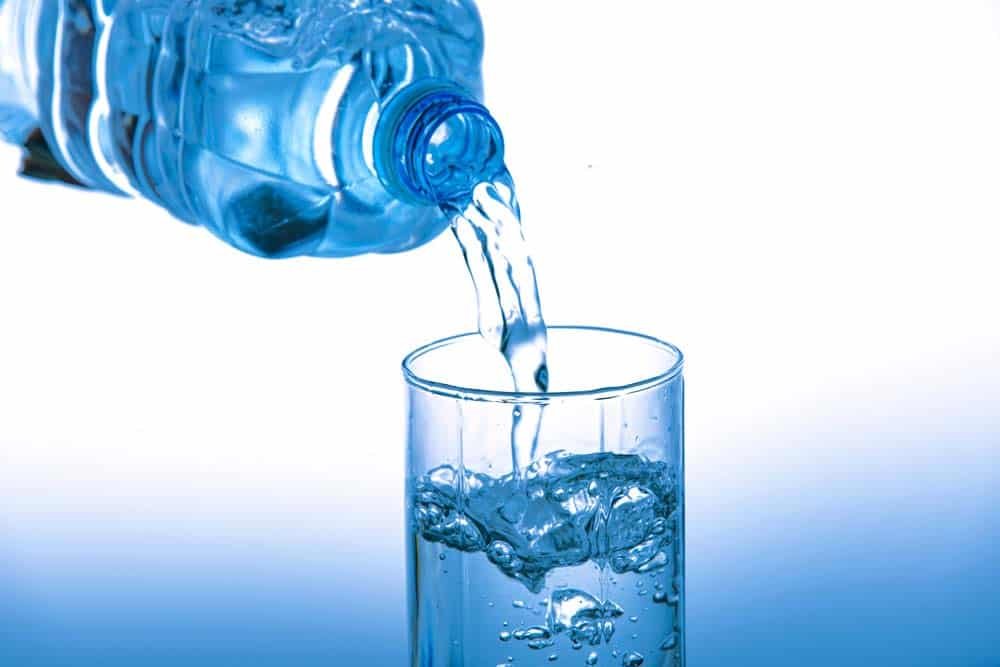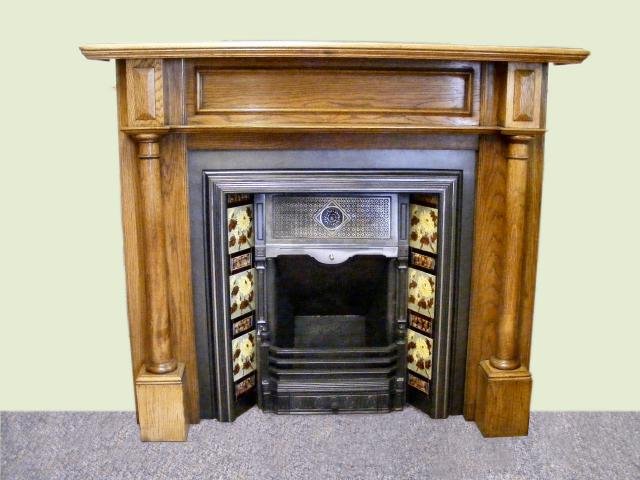When you think of hydration, you probably imagine drinking glass after glass of pure, crystal-clear water. It seems like the ultimate health move — simple, natural, and refreshing. But here’s the twist: drinking pure water can sometimes leave you more dehydrated than before.
This might sound impossible. After all, how can water — the very essence of hydration — actually cause dehydration? To understand this paradox, you need to look beyond what you see in the glass and dive into the science of minerals, electrolytes, and cellular balance.
What Is Pure Water?
Pure water refers to water that has been stripped of all minerals, salts, and impurities. It’s often created through distillation, reverse osmosis (RO), or deionization, leaving nothing but H₂O molecules. While this sounds ideal in theory, it’s not always what your body needs for proper hydration.
Here’s a quick comparison:
| Type of Water | Description | Contains Minerals? | Common Use |
| Tap Water | Municipal source, treated for safety | Yes | Everyday drinking |
| Mineral Water | Sourced from springs; rich in natural minerals | Yes | Replenishing electrolytes |
| Distilled Water | Steam-condensed to remove everything | No | Laboratory or medical use |
| Reverse Osmosis (RO) Water | Filtered through a semi-permeable membrane | No | Household systems |
Pure water — like distilled or RO water — lacks essential minerals such as calcium, magnesium, and potassium. These minerals aren’t just extras; they’re critical for maintaining hydration balance inside your cells.
The Science Behind Hydration
Hydration isn’t just about water intake. It’s about how water interacts with electrolytes in your body. Your cells rely on a delicate balance of water and dissolved minerals to function properly.
This process works through osmosis — the natural movement of water across cell membranes. Think of your cells as sponges: they soak up water when the concentration of minerals outside matches what’s inside. When that balance is disturbed, water can move in the wrong direction.
“Hydration isn’t just about drinking water — it’s about maintaining the right mineral balance so your body can use that water effectively.”
— Dr. Amanda Reyes, Clinical Nutrition Scientist
When you drink pure water without electrolytes, it can disrupt this balance, causing water to leave your cells instead of entering them — which is where dehydration starts.
Why Pure Water Can Dehydrate You
Now let’s get to the root of the question: why does pure water dehydrate you?
When you consume mineral-free water, your bloodstream becomes temporarily diluted. This triggers your body to restore equilibrium by pulling electrolytes (like sodium and potassium) from your tissues and cells. As your body flushes out excess fluid to maintain balance, it loses both water and minerals — leaving you ironically more dehydrated.
Common Symptoms of Dehydration from Pure Water
- Headaches or dizziness
- Muscle cramps
- Fatigue or low energy
- Excessive urination
- Brain fog or difficulty concentrating
These symptoms can appear even when you think you’re hydrating properly — because your body can’t retain the water you’re drinking.
Real-Life Example: The Distilled Water Experiment
Take the case of Mark, a 38-year-old gym enthusiast who switched to distilled water after reading online that it was “cleaner.” Within weeks, he began noticing headaches, muscle cramps, and fatigue during workouts.
After consulting a nutritionist, he learned that distilled water had flushed out electrolytes critical for hydration. By switching to mineral water and adding electrolyte powder, his symptoms disappeared within days.
This real-world example shows that hydration isn’t just about quantity — it’s about quality.
Pure Water vs. Mineral Water — Which Hydrates Better?
Here’s how pure water stacks up against mineral water:
| Feature | Pure Water | Mineral Water |
| Electrolyte Content | None | Naturally rich in minerals |
| Hydration Efficiency | Low (can cause imbalance) | High (supports fluid retention) |
| Taste | Flat or neutral | Slightly crisp and natural |
| Long-Term Effects | May lead to mineral depletion | Helps maintain hydration balance |
The takeaway? Mineral water wins when it comes to real hydration. Even adding a pinch of sea salt or a splash of lemon juice to pure water can make a noticeable difference in how hydrated you feel.
How Much Pure Water Is Too Much?
It’s not that pure water is harmful — it’s about moderation. Drinking it occasionally won’t cause issues, but relying on it daily without electrolyte replacement can lead to hyponatremia, a condition where sodium levels in your blood drop dangerously low.
For most adults, the key is balance:
- Limit pure water intake to no more than half of your daily hydration.
- Combine it with mineral or filtered water to restore electrolytes.
- If you exercise heavily or sweat often, consider electrolyte-enhanced drinks.
According to the World Health Organization, long-term consumption of demineralized water can lead to mineral deficiency and metabolic disturbances.
How to Stay Hydrated the Right Way
You don’t have to give up pure water — you just have to use it wisely.
Here are some practical tips:
Smart Hydration Tips
- Add a pinch of Himalayan salt or electrolyte powder to your pure water.
- Drink coconut water or mineral-rich beverages post-exercise.
- Eat hydrating foods such as cucumbers, melons, and oranges.
- Avoid drinking excessive amounts of pure water at once — sip steadily throughout the day.
DIY Electrolyte Drink
- 1 liter water (filtered or distilled)
- ½ tsp sea salt
- 1 tbsp lemon juice
- 1 tbsp honey or maple syrup
This simple mix replenishes sodium, potassium, and glucose for better water absorption.
Myths About Pure Water and Hydration
Let’s clear up a few common myths:
| Myth | Reality |
| Pure water is the healthiest water. | Not always — it lacks essential electrolytes. |
| Distilled water detoxifies your body. | Your kidneys already detoxify; mineral-free water can do more harm. |
| You can drink unlimited pure water safely. | Overconsumption can cause electrolyte imbalance. |
Pure water is useful in moderation but not ideal as your sole hydration source.
Expert Insights on Pure Water and Dehydration
Most hydration experts agree that the best water for human health contains natural minerals.
Studies from the Journal of Environmental Public Health found that long-term use of demineralized water correlated with reduced calcium and magnesium levels in individuals, leading to muscle weakness and fatigue.
FAQs About Pure Water and Dehydration
Q1: Can I drink distilled water daily?
Yes, but balance it with electrolyte-rich foods or drinks.
Q2: Does pure water flush out minerals?
Yes, if consumed excessively without electrolyte replacement.
Q3: What’s the best water for hydration?
Mineral or spring water, as it naturally contains electrolytes.
Q4: Can I add minerals back to pure water?
Absolutely. Add electrolyte drops or natural sea salt for balance.
Key Takeaways — The Real Reason Pure Water Can Dehydrate You
- Pure water lacks essential minerals, which your body needs to absorb and retain fluids.
- Drinking too much can dilute electrolytes, causing dehydration symptoms.
- The best approach is balanced hydration — pair pure water with mineral-rich sources.
Final Thoughts — Hydration Is More Than Just Water
The next time you reach for a glass of “pure” water, remember this: hydration depends on what’s in your water, not just how much you drink.
By keeping your electrolytes in check, choosing mineral-balanced water, and listening to your body, you’ll stay hydrated, energized, and healthier than ever.












Leave a Reply